Posts By: Ira Lightman

Poetry as Oral Storytelling
It’s always interested me what the essence is, of what gets performed when a poem gets performed. It doesn’t seem good enough to say it’s play: I wouldn’t watch just anyone playing. I might share a specialist interest with the person who’s playing. But how would watching them playing give me satisfaction? Wouldn’t I want…
Read More
Pattern is not an algorithm: on poetry and pattern
Pattern in poetry is not just an algorithm at work, i.e., ‘the poem that writes itself’. In fact, it might be said that anything that writes itself, whether it be a moral code, a way of handling people, an approach of giving a percentage of income to charity, is bound for trouble. We live in…
Read More
‘Radio, Radio: Making Poetry Sound’
I listened to The Verb on Radio 3 long before I ever appeared on it, and before I made my first radio documentary. I remember Ken Campbell talking about language, Wendy Cope making poems about going to classical music concerts. It was exciting and inspirational to hear people on the radio talking about poetry, and…
Read MoreOBJECTIVE/ MINIMAL /”ISM”
I first emerged from my obsession with Ezra Pound in the early 1990s. Then like a lot of Poundians, I went to the poets I’d heard were collected in the New American Poetry, edited by Donald Allen, but not to the anthology itself; to the critical books of Marjorie Perloff, themselves full of generous chunks…
Read MoreA run from the Pound
I’ve come to the end of my residency, which ran in tandem with my commission to write and present a documentary about Ezra Pound and economics (due out on Radio 4 this summer). It has been fantastically helpful for me, not least because I sometimes find it hard to see the wood for the trees,…
Read MoreNotes on Modernists III
DONALD DAVIE I first started reading Donald Davie, one of my own heroes, because of his odd critical book/assemblage of reviews Under Briggflatts. He did not inspire me to read Pound, not consciously, so much as to ask more questions of mainstream British poetry. I came to Pound later, and then dived into Davie on…
Read MoreAppy Economics
That was is a pound that i was at your house in 1 of the most famous cancer certainly the one most houston straight up in the problems the multinational global village of international capital were here to stay and everybody’s studies economics to understand economics is hard to visual i cannot allusion discount to…
Read MorePound Won’t Change You
Do people read the Cantos and change their politics or their approach to economics? No, I don’t think so. Does the poetry bring that subject alive, if you are a poetry fan? Does it preach a message only poets can hear? No, I think, not really. But there are things in there. There are questions…
Read MorePound and found
It’s interesting how often critics and lay people describe the Cantos as a mix of poetry and prose. Ezra Pound himself said “The problem was to get a form—something elastic enough to take the necessary material. It had to be a form that wouldn’t exclude something merely because it didn’t fit.” http://www.theparisreview.org/interviews/4598/the-art-of-poetry-no-5-ezra-pound But, let’s note,…
Read MorePound uses other people
People are much more familiar with the idea of found poetry now than in any of the centuries before Pound. The idea, though, that poetry is not made up of one’s own expression but of incorporating the writings of others is an old one. In previous centuries, it was common for published writers to expect…
Read MoreSerif-ically Visual
To follow on from my last post and anticipate my next, I’m going to say more about how visually Pound writes/types for the page, and do so using the first example so far in my discussions of Pound using found text (more of which soon). But I’m also not going to move too far away…
Read More
GOLDEN RATIONALITY
I’ve been asked to write a manifesto. This doesn’t suit the person I now am, but I did write one 20 years ago (it was published in an anthology of manifestos, Troubles Swapped for Something Fresh, Manifestos and Unmanifestos, edited by Rupert Loydell) and I have never really explained or qualified it. So perhaps I…
Read More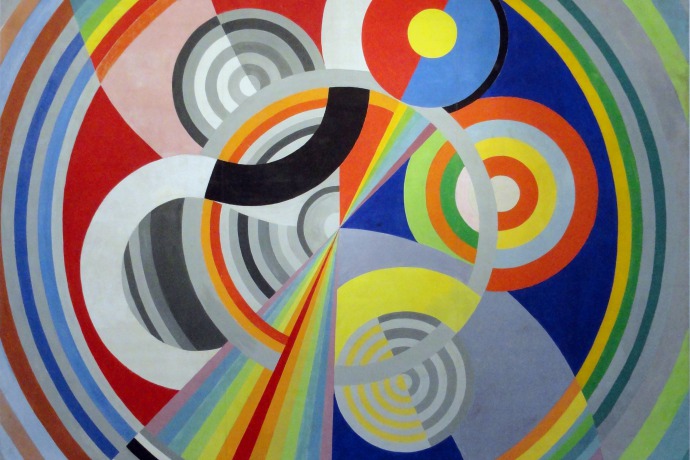
Notes on Modernists II
It’s obvious that analysis of other artists walks hand in hand with being an artist oneself. When you have a go at a form, then it becomes much easier to read a master’s work in that form. In an analogous way, the therapist Carl Rogers said that whenever he had an epiphany (of compassion) for…
Read More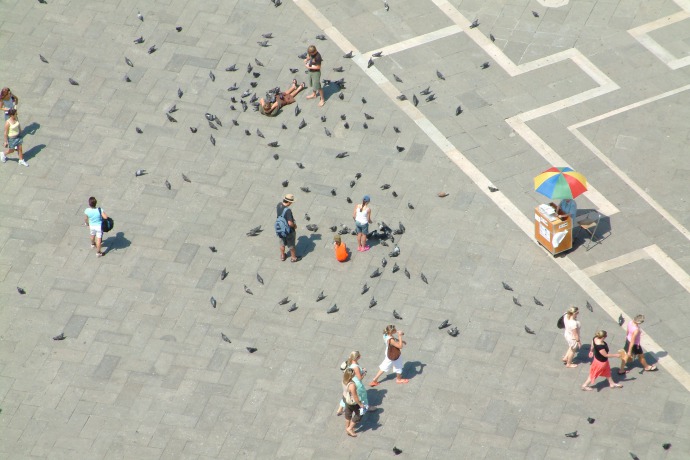
21st Century Canto: Pound, Resounding
So, we have looked at the timbre of words. Sometimes one also explores a different metre (one based on length of syllable rather than stress, for example) in order to get at a good line in a good timbre. This is what we tend to do when we remember poets’ work: we remember a line….
Read More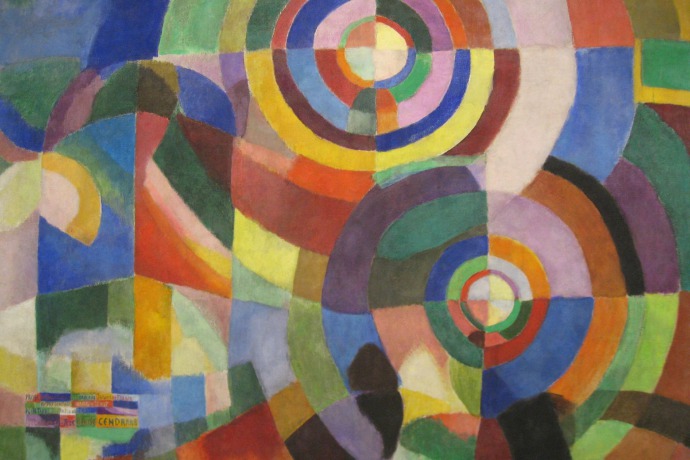
Notes on Modernists
My initial pitch for this residency, and one that I’ve fancied for a while, is to set a number of exercises based on Modernist poets. These are some suggestions in brief. BASIL BUNTING Avoid synonyms. Try to use the plain word. If the same object appears several times in your poem, call it the…
Read More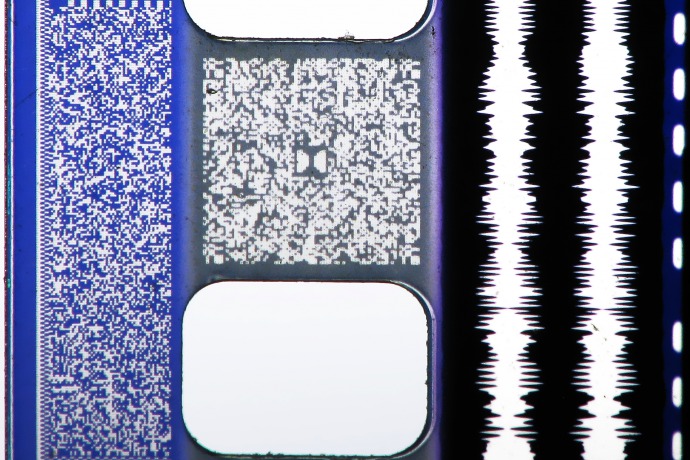
21st Century Canto: Sounding Out Pound
I began my first week by discussing Ezra Pound and translation. I very much hope that this will lead some new readers to have a go at translating, to get past worrying whether or not they can hold a long conversation in another language before at least trying to get something from a poem in…
Read More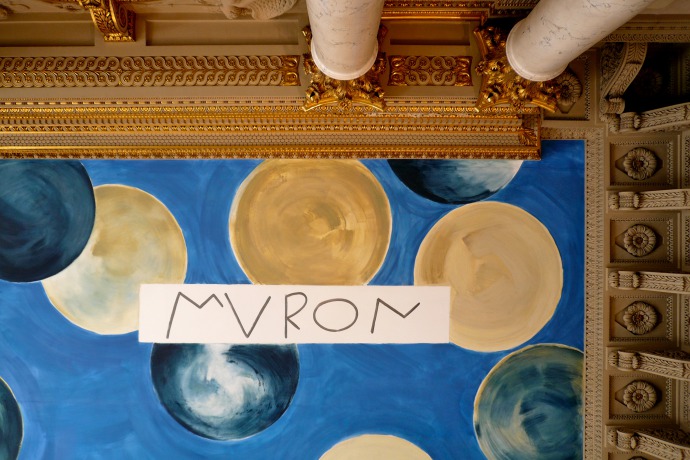
21st Century Canto: Infestation-Translation
What Pound did for me is infest my poetry world. All across it, in small pockets. One reason that Pound is hard to emulate is that he has re-thought a lot of different things, and he brings all these to bear simultaneously: like all Shaun the Sheep’s friends piling into one human overcoat and walking…
Read More
21st Century Canto: Translation, Pound-style
A very good place to start with Ezra Pound is the Selected Poems and Translations edited by Richard Sieburth, originally published by New Directions, the New York publishing house founded by James Laughlin when Ezra told him “You’re never going to be any good as a poet. Why don’t you take up something useful?”. The volume is…
Read More